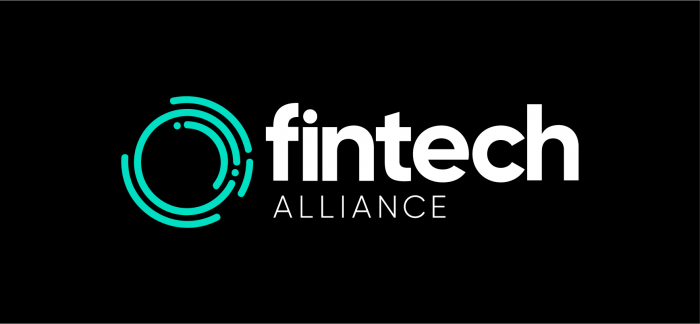Multiple devices, multiple cards, multiple usernames, multiple passwords, multiple tokens…
Our 5th Mobile Banking App Review was published last week and for those wondering how we rank the 40+ current accounts and AISP apps in the study, here’s a quick insight into the methodology.
A host of secondary data sources including the app stores, the FCA, Pay.UK, social media and the banks own websites are drawn upon to collect ratings, reviews, updates, downloads, mobile incidents data and current account switching statistics. But the really good stuff comes from our own testing of the each individual app as a customer.
We have over 40 apps on both devices and assess the apps functionality rigorously at a minimum each quarter against an ever expanding list of 125 features
Features
We have over 40 apps on both devices and assess the apps functionality rigorously at a minimum each quarter against an ever expanding list of 125 features (defined in the report). These feature sets are categorised into six core functions;
- Account management: features that enable a user to manage their account such as, update contact details, amend standing orders and view statements.
- Enquiries and interaction: how the app allows a user to communicate, including applying for new products e.g. in app chat, calling customer services from within the app.
- Money management: capabilities that help the user to manage their money or budget more effectively such as categorise spending, set budgets and real time balances.
- Payments: features that enable a user to make payments e.g. pay someone new or payment initiation.
- Technology: how the app integrates and utilises new technologies such as chatbots and voice assistants.
- Security & control: features that exist to enhance the security of the account or enable a user to control how their card is used e.g. transaction controls or ability to report card lost or stolen.
We then rank and weight these features based on several factors including:
- How important the feature is to enable a user to perform everyday banking (do I do this once in a lifetime or every time I login);
- The extent to which the inclusion of the feature removes friction in the customer journey (i.e. the user would have to visit a branch / call customer services if the feature wasn’t there); and
- How digital first or innovative the feature is (e.g. who else has it?)
Where we are unable to validate whether an app has a piece of functionality we usually contact the bank. For example, B this quarter removed their open banking feature. We noticed that we could no longer add third party accounts but to be sure this had really gone (its rare a feature gets removed) we contacted the B team via chat.
We have been collecting this data for almost five years which enables us to establish and track trends and identify the leaders and followers.
Log-in times
We record the time it takes to log-in to the apps multiple times every quarter on both devices. We do this on different days and times, ensuring we cover different periods such as morning commute, lunchtime, evenings. It is an average of these recordings that give us a log-in time for each operating system for the quarter, which thereby accounts for any inconsistencies in the app itself.
It may come as a surprise, but there are often quite large disparities across devices. A few seconds may not sound like a lot, but with 19% of users logging into their bank app daily, a 3 second log-in time compared to a 10 second log-in time is clearly a better experience for the customer.
Where available, the fastest authentication is used (typically fingerprint/face) and we record the time from the moment the app icon is pressed from the device home screen to the app loaded with balances and data fully refreshed.
A recipe for success?
We strive to bring all these complex and interrelated elements together, so we can provide an objective and comparable score. We believe this provides an accurate picture of which are the best mobile banking apps in the UK market today. Of course, having the most features in an app doesn’t necessarily translate to having the ‘best’ app (Built from Mars has published a great piece on UX here) but we have found it to be a pretty good barometer for the success of an app when correlated with user reviews, ratings and customer feedback. Read the full report for free here.
**We don't think we get our assessment wrong because we work through every menu item and use case but if you think a feature hasn't been credited to an app then please reach out.













